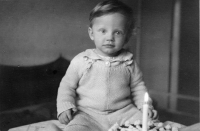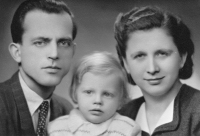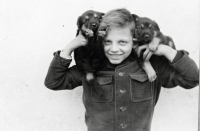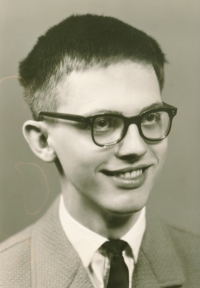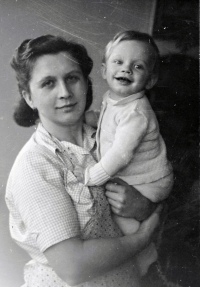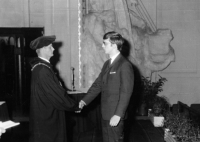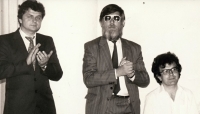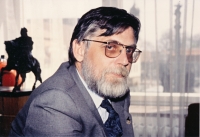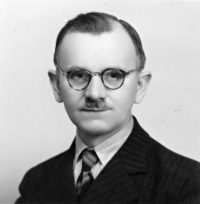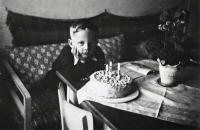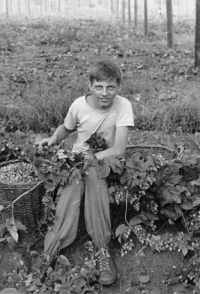Tell the truth at any circumstances, however cruel it would be. A merciful lie gets nowhere

Download image
Miroslav Tomek was born on 28 March 1946 in Hradec Králové. He spent his childhood at his grandfather Augustin, who owned a farm in Batňovice. Miroslav witnessed the provocations that were intended to force Augustin to join a cooperative farm. In 1964 he graduated from the electro-engineering secondary school in Pardubice and then was admitted to the Technical University in Prague. As there were constant power cuts at the halls of residence in Strahov, in the autumn of 1967 he took part in a student protest at the Strahov halls under the slogan We Want Light! This protest was harshly suppressed by Public Security emergency regiment. On 25 February 1969 he witnessed Jan Zajic setting himself on fire. After graduation from university he briefly worked in the Czechoslovak People’s Army, later he was a teacher at the vocational school in Nymburk and also director of the cultural centre in Poděbrady. During the 1970s, he regularly met with writer Bohumil Hrabal. During the Velvet Revolution he founded Civic Forum in Poděbrady and became the first mayor of the town after the November events. Until recently he taught at the local agricultural secondary school, but at the time of recording (2019) he was already retired.
